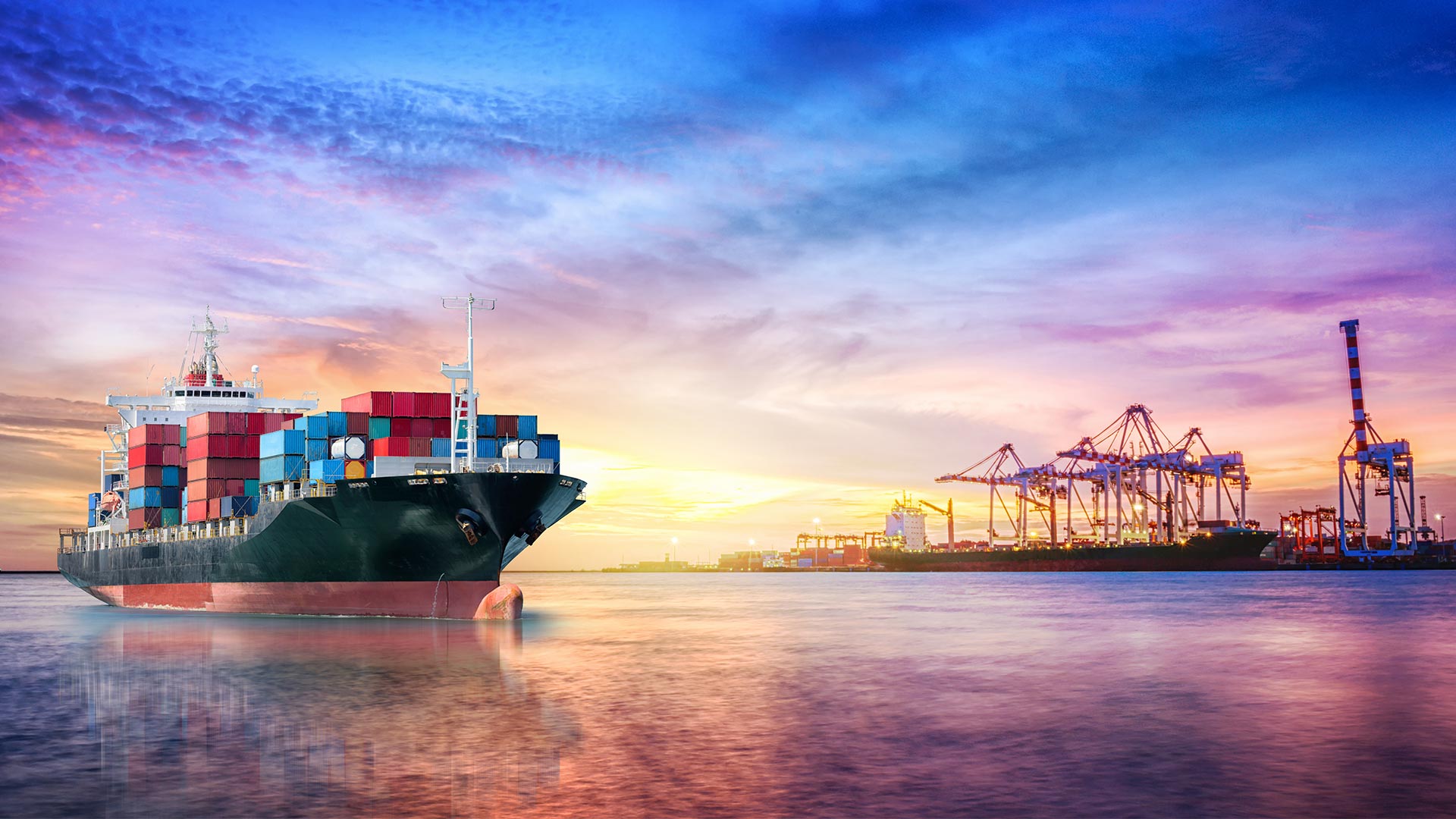The prospect of paperless trade finance, delivered in part by new technologies such as blockchain and artificial intelligence, is compelling. But how does the global trade finance ecosystem need to change to make this more efficient and eco-friendly alternative a reality?


Edwin Chan
Head of Transaction Banking Product Management, APAC


Stéphane Gaboriaud
Head of Traditional Trade Finance, APAC

Watch video infographic
When Singapore Customs launched its Networked Trade Platform (NTP) in 2018, it described it as a ‘one-stop trade and logistics ecosystem’. Its aim is to bring together players across the trade value-chain, on a single platform, to enable end-to-end digital trade. It sounds ideal. But there is a way to go before all trade practitioners reach digital nirvana.
Indeed, as Edwin Chan, Head of Transaction Banking Product Management, APAC, BNP Paribas, notes, “trade currently flows in many shapes and forms, with multiple standards across the ecosystem.” The great paper-chase that makes up the information exchange between multiple parties along the trade flow make it inefficient.
According to the International Chamber of Commerce (ICC), global trade generates some four billion pages of documents every year. This is both ecologically unsustainable, and inefficient, says Chan. He contends that digitisation can solve both issues. But, he acknowledges, whilst NTP is a strong proposition, it is but one link in an enormous trade chain around the world; there needs to be tighter systemic integration.
Tech solution
In digital terms, recent innovations aiming to make trade finance more efficient have seen several successful proofs of concept, including those using artificial intelligence, and blockchain. It’s clear to Chan that digitalisation of key trade functions is an essential component of the successful future trade-ecosystem.
However, he notes, because these projects mostly focus on discrete sub-ecosystems (finance, logistics, storage and so on), it has created what he calls “digital islands”. Progress in enabling the sharing of data across the whole trade ecosystem is slow partly because of the insular view of each stakeholder, where each only understands its own needs and not those of other participants.
Disigtalisation can break these barriers, says Chan. But it requires every standalone trade ecosystem to be interoperable; only then will the information flow freely from end-to-end. For this to happen, all participants need to see a benefit and be able to understand and respond to the needs of others.
As the nexus of trade activity, Chan feels that banks have a duty to be actively participating in digitisation, becoming the bridge between the different islands that currently form the wider trade ecosystem. For BNP Paribas, the creation of a holistic trade ecosystem is based on the 4Ts: Technology, Transparency, Trust and Truth.
Trade confidence
Although he espouses technological agnosticism, Chan sees technology as the catalyst, bringing stakeholders together as they seek transparency across trade data flows. With transparency comes trust. “Without involvement in the different stages of information flow, trust in the ecosystem cannot be formed,” he says. “But build trust in the data, and truth is established.” With open account trading in particular founded on trust, any solution that facilitates greater confidence should be welcomed.
Current rates of development have seen barriers to using technology in this context lowered for more businesses, with price and complexity reducing, and availability of development talent increasing. This, says Chan, is why technological access, not one specific technology, is the true catalyst for change.
Further progress though will require far greater interoperability and standardisation. The notion of the 3Cs – Connectivity, Commercialisation, and Collaboration – is essential to lead the final charge against trade’s paper-dependency and inefficiency.
At a simple level, connectivity, between individual stakeholders and sub-ecosystems, is helpful for other participants, for example in supporting trade analytics, notes Chan. “But connectivity also encourages collaboration between players that previously had never collaborated; it creates new opportunities for all stakeholders to work together, and with that collaboration comes new opportunities for commercialisation of information.”
Role call
For Stéphane Gaboriaud, Head of Traditional Trade Finance, APAC, BNP Paribas, the 3Cs concept is driving proactive banks to explore co-designing of solutions with trade clients. “With technology as the enabler of faster and closer relationships, stakeholders can move towards closer participation and greater alignment,” he notes. As standardisation of trade practices becomes more achievable, so too does easier, quicker, cheaper and paper-free processing for all.
With many different regulatory approaches across the world, Gaboriaud believes that it is also essential for all authority-driven ecosystems to be able to connect. NTP in Singapore is a clear example of what can be achieved when regulatory support is given, perhaps offering a glimpse of the unified end-game.
Indeed, he says talks are already under way to connect NTP with Hong Kong’s eTradeConnect blockchain-based platform. “It’s a clear demonstration that the regulators know they have to connect with each other for a global trade ecosystem to work; isolated ecosystems can deliver only limited advantage.”
From a series of interconnected ecosystems, driven by technology and perhaps with a regulatory push for the final mile, trust and truth in trade can benefit all stakeholders. The banks have a natural commercial role to play in this development.
But, says Gaboriaud, they also have a duty to listen to the needs and challenges of clients, facilitating their journey towards digitisation and standardisation. The ability to accompany clients along this journey will differentiate the leading transaction banks.
For the treasurer, on either the buyer or supplier side, Chan says simply taking the lead by joining digital initiatives such as NTP, and bringing in trade partners, such as banks and logistics firms, “will help to move the world a bit faster towards a more efficient and sustainable trade ecosystem”.